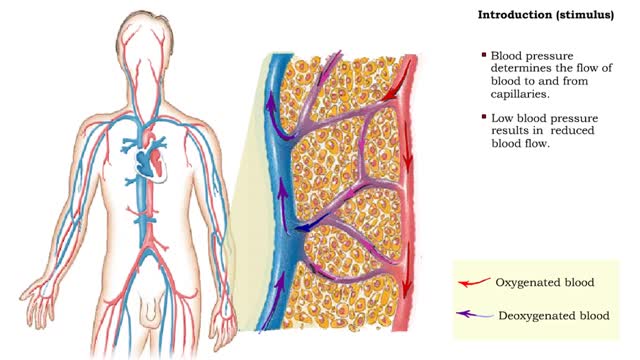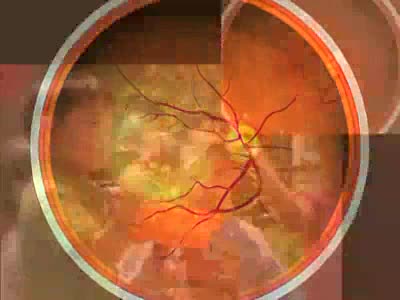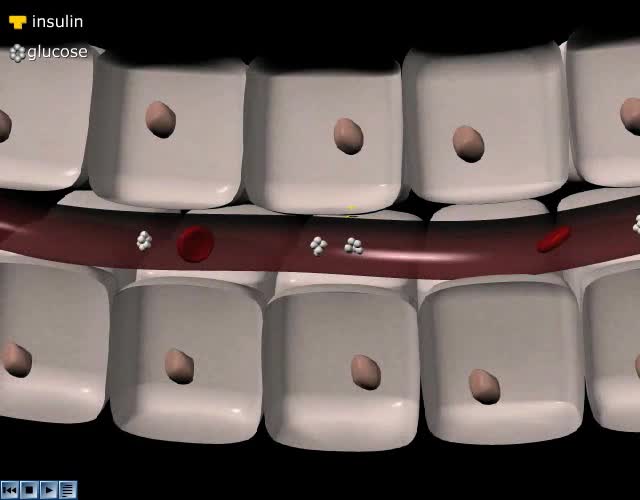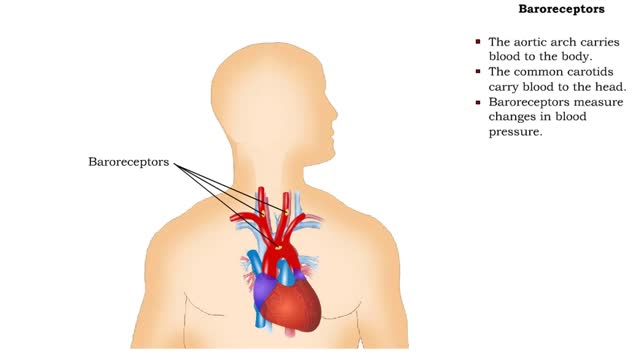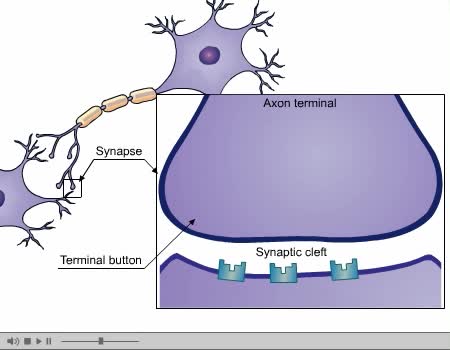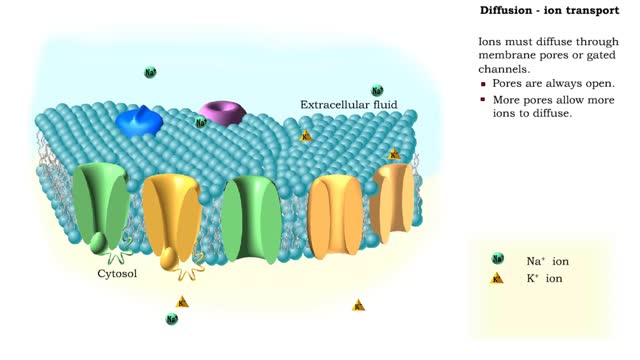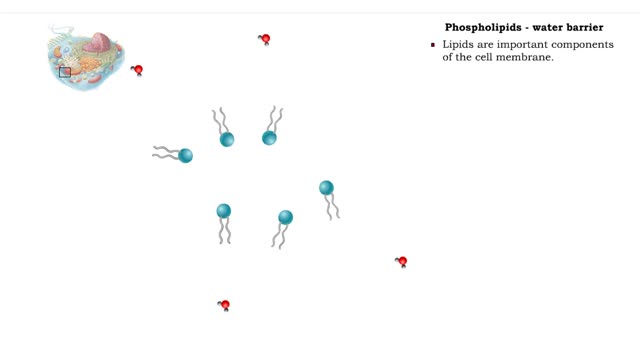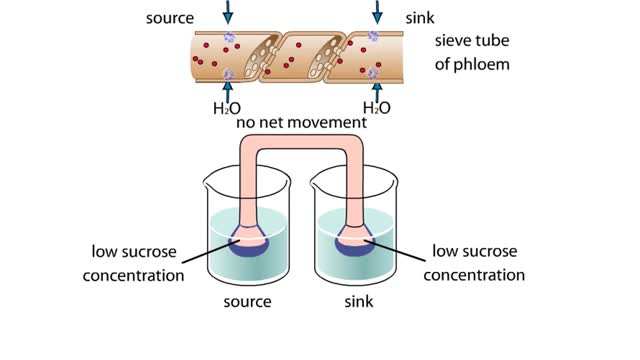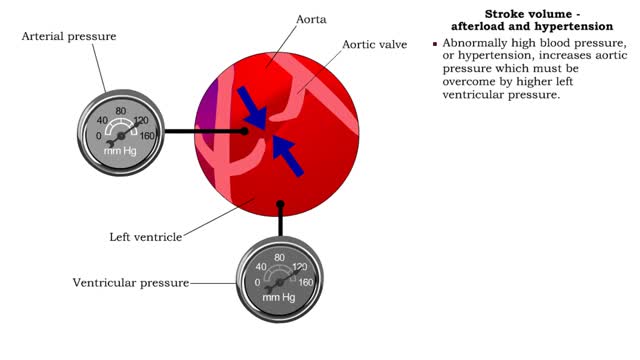Search Results
Results for: 'high-density lipoprotein'
By: HWC, Views: 11013
• Blood pressure determines the flow of blood to and from capillaries. • Low blood pressure results in reduced blood flow. • High blood pressure can cause blood vessels to break. In humans, sensitivity is due to portions of the nervous system called receptors. Receptors are typicall...
Introduction to Macular Degeneration
By: Administrator, Views: 14341
Macular degeneration An incurable, age-related, progressive eye disease that affects more than 10 million Americans. Leading cause of blindness for those ages 55 and older. Macular degeneration For the first time, researchers have linked gene defects to macular degeneration. Could lead to ...
By: Administrator, Views: 15990
Hyperglycemia means high (hyper) glucose (gly) in the blood (emia). Your body needs glucose to properly function. Your cells rely on glucose for energy. Hyperglycemia is a defining characteristic of diabetes—when the blood glucose level is too high because the body isn't properly using or doesn...
By: HWC, Views: 11044
A baroreceptor is a specialized nerve ending that allows your brain to sense blood flow and blood pressure in the major blood vessels of your circulatory system. • The aortic arch carries blood to the body. • The common carotids carry blood to the head. • Baroreceptors measure chang...
By: Administrator, Views: 14943
Dendrites (from Greek δένδρον déndron, "tree"), also dendrons, are branched protoplasmic extensions of a nerve cell that propagate the electrochemical stimulation received from other neural cells to the cell body, or soma, of the neuron from which the dendrites project. Electrical stimula...
Simple Diffusion - Ion transport
By: HWC, Views: 11327
In the process of diffusion, a substance tends to move from an area of high concentration to an area of low concentration until its concentration becomes equal throughout a space. Ions must diffuse through membrane pores or gated channels. Pores are always open. More pores allow more ions...
Non-polar compounds - insolubility
By: HWC, Views: 11421
• A non-polar molecule has uniform distribution of electrons. • Non-polar compounds like fatty acids in lipids have a high proportion of carbon and hydrogen. • Lipids possess no charge or partial charge. • Lipids are not attracted to water molecules. • Lipids are not soluble in...
By: HWC, Views: 10574
This apparatus of beakers A and funnels simulates the flow of a sucrose solution in the phloem of a plant. The funnels and connecting tube represent a sieve tube of the phloem. Differentially permeable membranes cap the funnels at the source and sink ends, allowing water, but not sucrose, to cros...
Stroke volume - afterload definition & hypertension
By: HWC, Views: 10686
• Pressure (or other resisting force) that ventricles must overcome to push open semilunar valves and eject blood. ▪ Normally, the left ventricle blood pressure must overcome arterial pressure in the aorta. ▪ Abnormally high blood pressure, or hypertension, increases aortic pressure w...
Advertisement



